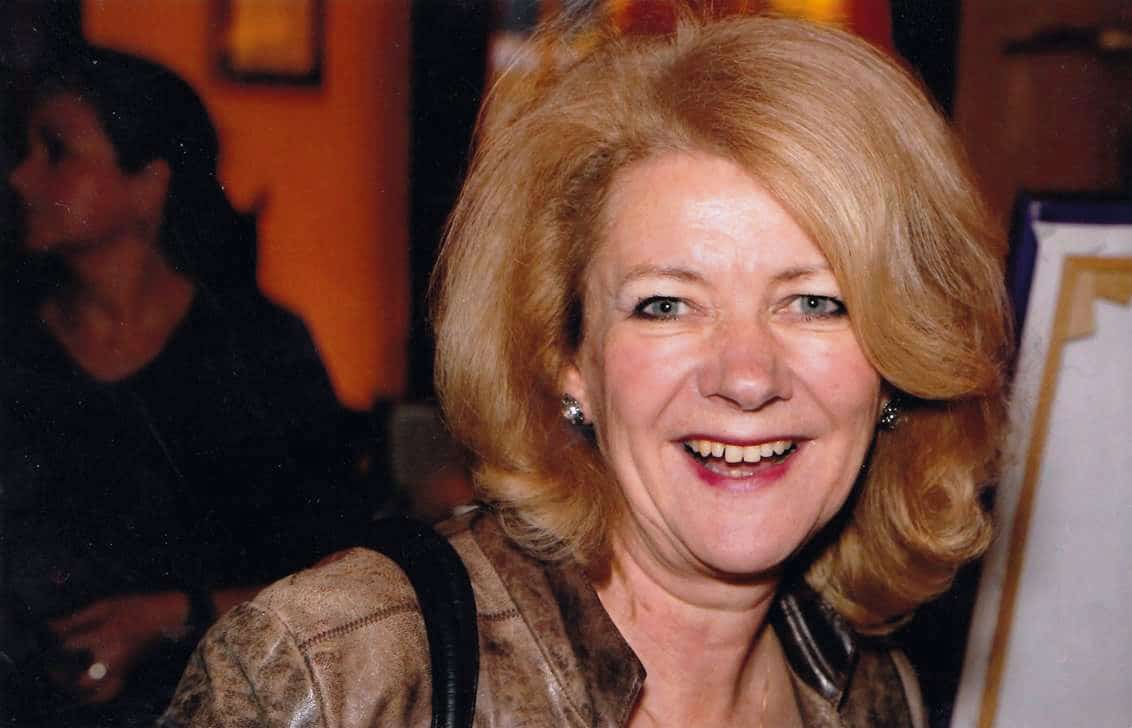The New York Times chose to focus on Tunbridge Wells for its social media coverage of last week’s EU Referendum vote.
Alison Smale, the newspaper’s Berlin bureau chief, fronted the Facebook presentation in what she described as a ‘quintessentially English town’ surrounded by ‘some of the most beautiful villages in England’.
Having grown up in Bromley, she is now a senior journalist and a former Executive Editor of the International Herald Tribune – the first woman to be in charge of the paper.
She left the country in 1979 but has returned to Tunbridge Wells regularly to visit her sister, who works in the town.
She chose to present her show from The Pantiles and spoke to customers in the Duke of York pub about their impressions of the historic Referendum day.
So why did she choose Tunbridge Wells as her base? “It was a place I’ve known for many years. I’ve often visited it when I come to see my sister,” she said.
“I thought The Pantiles showed very well what a pretty English town looks like and feels like for our American audience.”
The famous epithet ‘Disgusted of Tunbridge Wells’ has always made the affluent town an easy target for those looking to satirise Middle England.
“Of course the Americans don’t get the reference ‘Disgusted’, but that led me to think it was emblematic of several aspects of the British middle classes.
“The phrase implies a bedrock of conservative values, and that someone in a pretty, established English town finds anything else off-putting.
“But it was a phrase that has had its time in the fifties and sixties. The whole country has moved on. Still, I am surprised that Tunbridge Wells voted to Remain.
“I haven’t lived here since 1979 and the country has changed a lot since then.”
Working in Germany, she has been aware of the controversial build-up to the Referendum. But she was still taken aback by the intensity of the debate and how feelings were running high.
She said: “Talking outside polling stations, what struck me was how readily they used words like ‘huge’ and ‘historic’ – and ‘desperate’. The emotion generated is undoubted.
“I definitely picked up that every side felt passionate about it – it cut through traditional politics. People were complaining that they hadn’t got straightforward information.”
In the broadcast she said that Germany was ‘palpably nervous’ about the British vote, ‘but not showing it’. So would the vote to Leave have wider implications? For example, could the Germans agitate for their own Referendum?
“I would doubt that,” said Ms Smale. “Germany benefits from having the euro and it believes in the process… But we are in uncharted territory now.
She discovered that young people in the town were much more pro-European, and said ‘whether they voted or not may have made some difference’.
Emma, who works at the Duke of York, said in the report: “People have this massive idea of independence but these are bonds that shouldn’t be broken. Being in the EU makes us stronger.”
But Ms Smale is confident that the country can make a success of its new-found freedom.
“Britain is a resourceful country and I’m sure people will be able to absorb this change in their lives.”
Meanwhile, she claims that her American audience will have been looking on with interest.
“They are concerned in terms of the financial markets and the nature of the special relationship. There are strategic ramifications.
“But there are also sentimental feelings. Americans are still fascinated by Britain, despite having thrown off the shackles of colonial rule in the war of independence.”








